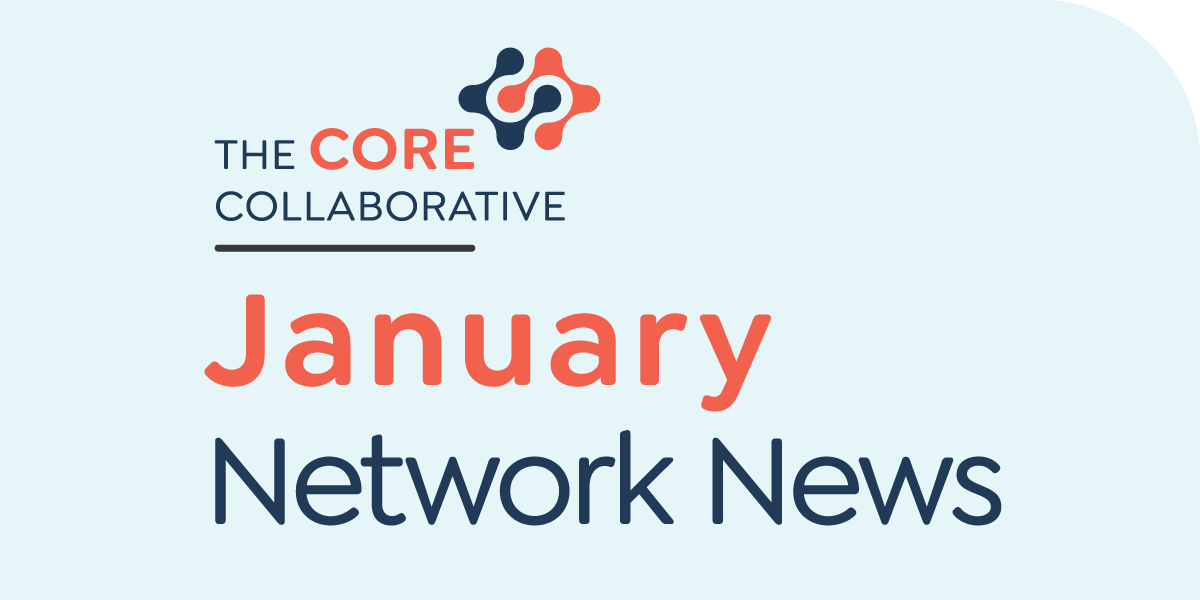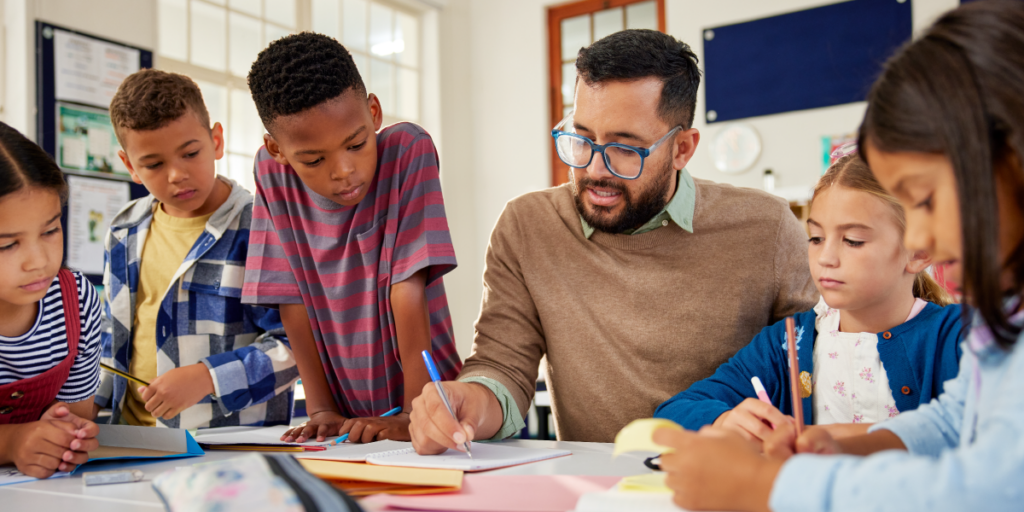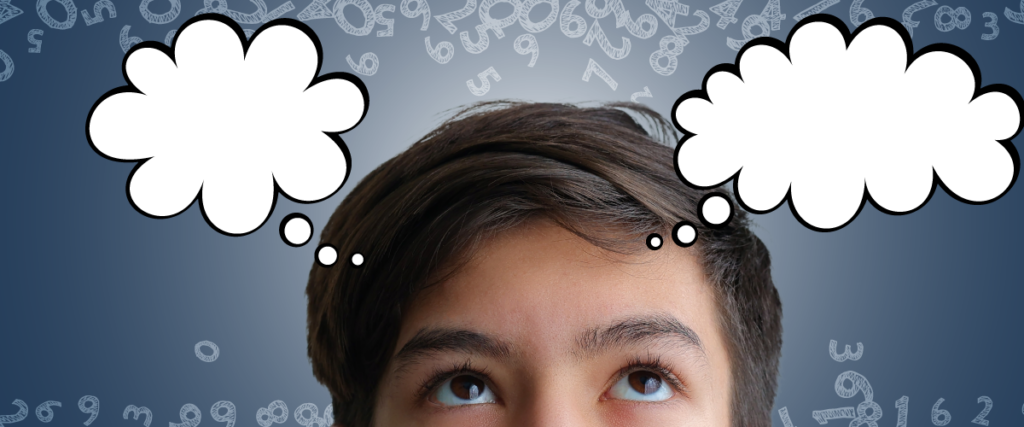The TCC wishes you a Happy New Year. We hope this newsletter encourages you to reflect, set goals, and clarify your aspirations.


Collaborative Reflection
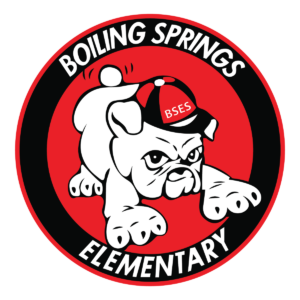 At Boiling Springs Elementary, teachers embrace the transformative power of reflection to drive meaningful change. Through their Impact Teams’ collaborative reflection and action planning, the school community examines interim assessment data, which improves their understanding of their impact on student learning. This process highlights the importance of data-driven instruction and underscores the influence of teachers’ words and actions on students’ academic and emotional growth.
At Boiling Springs Elementary, teachers embrace the transformative power of reflection to drive meaningful change. Through their Impact Teams’ collaborative reflection and action planning, the school community examines interim assessment data, which improves their understanding of their impact on student learning. This process highlights the importance of data-driven instruction and underscores the influence of teachers’ words and actions on students’ academic and emotional growth.
Impact Teams use results from the Indicator Aligned Inventory to identify exactly where students are with their skill development and conceptual understanding at a specified point in time. Then, they group students according to their performance level. For each group, they articulate the strengths they wish to sustain and the most common barrier to reaching the next performance level. Relying on the expertise of one another, the team analyzes these strengths and areas of growth pinpointing the root causes of success and struggle. Finally, they identify a research-based instructional action to address the most common barrier for each performance level. Team members agree to implement these actions in their individual classrooms, differentiating by readiness.
Boiling Springs Elementary is cultivating a culture of ownership and intentionality, where every teacher plays a pivotal role in shaping positive outcomes for their students. As a result, they have grown an average of 4 percentage points in literacy and 6 in math on their end-of-grade assessments over the past year. By combining reflection with purposeful planning, they’re demonstrating the profound influence educators have—and how this influence can be harnessed to create lasting success.

Goal-Setting: A Valuable Classroom Practice
With the onset of the New Year comes the valuable practice of setting goals and declaring personal resolutions. Goal setting creates a clear sense of direction and purpose, focusing individuals on achieving specific outcomes or competencies. When students are given opportunities to set their educational goals, they are empowered to take ownership of their learning.
As explained by author and educator Dr. Paul Bloomberg in Empowering Learner Agency through Goal Setting, engaging in goal setting develops self-regulation, time management, and perseverance in students. Read this blog to:
- Learn steps students take when goal setting,
- Connect this process to Gholdy Muhammad’s work around learning pursuits,
- Take away five activities to engage students in supporting developing meaningful goals.
Students reflect on their strengths, challenges, and areas of interest when they set goals. As students realize the progress they have made toward their goals, they experience a sense of accomplishment, boosting their confidence and motivation.

Meaningful for Students
December and January deliver an abundance of valuable evidence in the form of diagnostic assessments and screeners such as Acadience, iReady, NWEA MAP, STAR, and the SBAC. These interim assessments can guide targeted goal-setting to drive growth and achievement. However, with the number of demands on students and educators at this time of year, it can feel overwhelming and irrelevant.
Dr. Bloomberg has partnered with schools across the country to create a set of goal-setting forms and tools related to the most common interim assessments. One of these tools is a goal tracker.
The purpose of a goal tracker is to support you and your students in making sense of assessment results and setting and monitoring personalized, meaningful goals. They are meant to be used collaboratively between teachers and students and referred to throughout the upcoming unit, grading period, or semester.
Each tracker provides space for students to memorialize their strengths and opportunities for growth at the time of the assessment. They use this analysis of their assessment results to fuel reflection on where they are and where they need to go with grade-level or course expectations.
Their analysis also provides an opportunity to reflect on how they learn. To ensure students have an actionable plan for how to achieve their goals, students respond to questions such as: “When can I practice towards my goals?”, “Who can I partner with so I realize my goals?” and “What learning habits will I need to activate to reach my goals?”
Using their responses, students create and implement action plans that include suggestions from their teacher(s). They work through their plan, analyze new assessment data, and look back to determine what actions and strategies work best for them as learners.
Explore the samples below to see how you might adopt or adapt the reflective questions asked throughout the cycle.

Look in the Mirror: Improving Problem-Solving at Tranquillity Elementary
 At Tranquillity Elementary, collaboration and reflection are transforming math instruction and student outcomes. Guided by Impact Team coach Kristen Eveland, third through eighth-grade teachers are embedding reflective practices into problem-solving to help students become confident, independent thinkers. Learn how Habit 12: Look in the Mirror, inspired by The Project Habit: Making Rigorous PBL Doable by Michael McDowell and Kelley Miller, is empowering Tranquillity’s students to embrace challenges and grow as empowered mathematicians. Read more.
At Tranquillity Elementary, collaboration and reflection are transforming math instruction and student outcomes. Guided by Impact Team coach Kristen Eveland, third through eighth-grade teachers are embedding reflective practices into problem-solving to help students become confident, independent thinkers. Learn how Habit 12: Look in the Mirror, inspired by The Project Habit: Making Rigorous PBL Doable by Michael McDowell and Kelley Miller, is empowering Tranquillity’s students to embrace challenges and grow as empowered mathematicians. Read more.

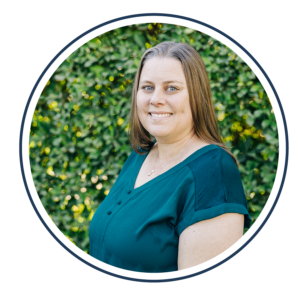 Kristen Eveland
Kristen Eveland
This month we meet Kristen Eveland, a dedicated educational leader with a passion for fostering collaboration and empowering educators. As part of The Core Collaborative team, Kristen brings a wealth of experience in developing and implementing tools and practices that support student learning and growth. Learn more about her journey and expertise by visiting her bio.

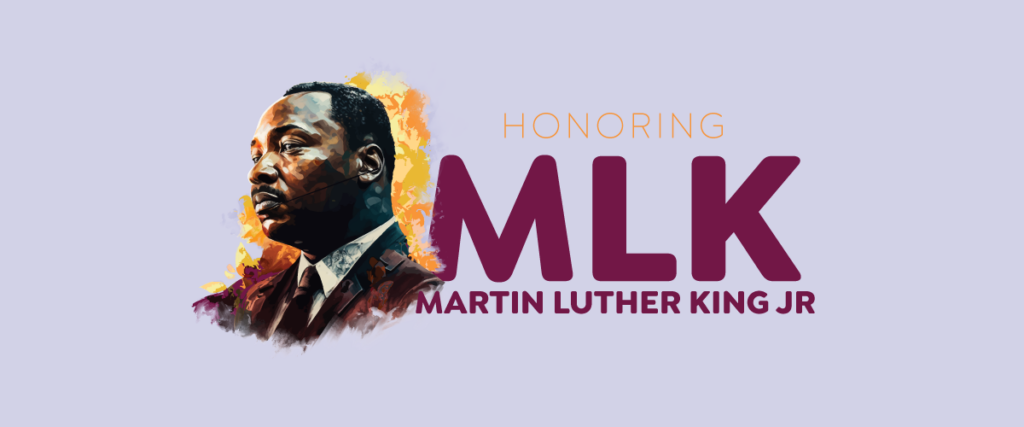
Martin Luther King Jr. Day
Martin Luther King Jr. Day is a time to honor the profound impact of Dr. King’s vision, leadership, and unwavering commitment to justice, equality, and nonviolent change. His work, alongside the collective efforts of the civil rights movement, created ripples that continue to inspire progress and hope today. To celebrate his enduring legacy and the broader vision of those who worked alongside him, explore our blog, Celebrating Martin Luther King Jr. Through Literature: 7 Children’s Books to Honor His Legacy. This carefully curated list highlights children’s books that not only honor Dr. King’s life and work but also shine a light on the movement’s collective strength and enduring message of hope and equality.

Feb 19-21
Anaheim, CA
CISC’s 2025 Leadership Symposium
TCC is a proud Diamond Sponsor for CISC 20245
INFO
Mar 20-21
Provo, UT
Teaching, Leading, and Learning Conference
with BYU McKay School of Education
INFO
View more upcoming events at thecorecollaborative.com/events.


